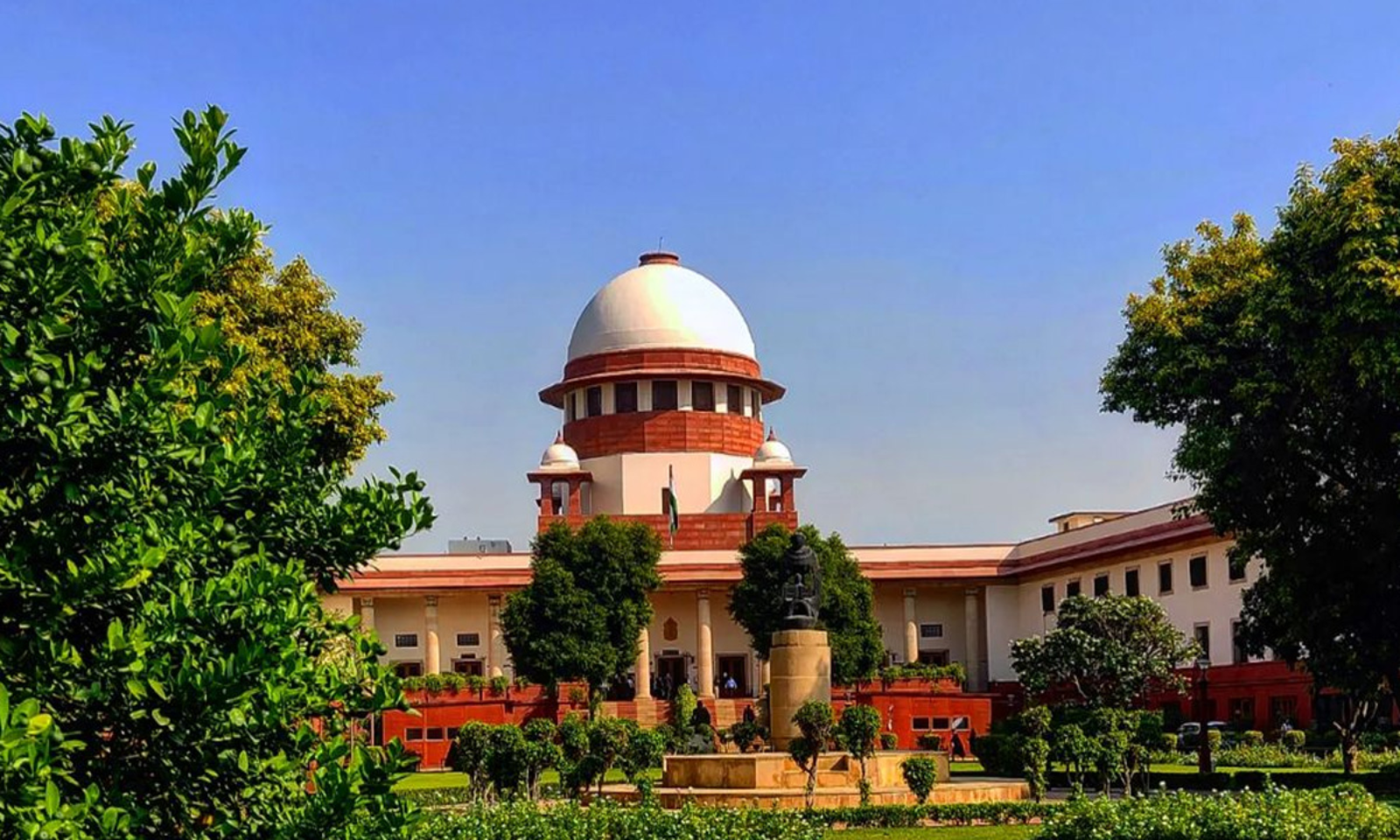New Guidelines for the Designation of Senior Advocates in SC
The Supreme Court of India has recently released new guidelines regarding the designation of senior advocates. These guidelines aim to streamline the process of conferring the prestigious ‘senior advocate’ designation to practicing advocates. Led by Justice SK Kaul, a three-judge bench delivered the ruling on May 12, 2023, which brought forth significant changes to the existing guidelines.
Minimum Age Requirement and Committee Composition
Under the new guidelines, the minimum age requirement to apply for the ‘senior advocate’ designation is set at 45 years. This age limit may be relaxed by the Committee, Chief Justice of India, or a Supreme Court judge if they recommend an advocate’s name. In contrast, the previous guidelines, including those from 2017, did not prescribe a specific minimum age for designation.
The Committee for Designation of Senior Advocates, as outlined in the 2018 guidelines, plays a crucial role in the process. According to the 2018 guidelines, the Committee consists of two senior-most Supreme Court judges, the Attorney General of India, and a member of the Bar nominated by the chair and other members. This composition ensures a balanced evaluation of advocates’ qualifications for senior designation.
Publication Marks and Other Criteria
One significant change in the new guidelines pertains to the allocation of marks for publications. Previously, 15 marks were set aside for publications, but the new guidelines reduce it to 5 marks. The shift aims to align with the May 12 ruling, which emphasized the need for a more holistic approach to assessing an advocate’s qualifications. The revised guidelines now consider factors beyond academic articles, such as teaching assignments in the field of law and guest lectures delivered in law schools and professional institutions connected with law.
Changes Sought by the Central Government
The Central Government sought modifications to the 2017 order on the designation guidelines for lawyers. They argued that the existing point-based system, which awarded marks based on publications, personality, and suitability gauged through interviews, was subjective and diluted the honor traditionally associated with the designation. The government also highlighted concerns about the circulation of “bogus” and “sham” journals that allowed individuals to publish articles without rigorous academic evaluation.
The Supreme Court’s Response
In its ruling on May 12, the Supreme Court upheld the interview criteria followed by High Courts and the Supreme Court for designating lawyers as senior advocates. However, the court reduced the weightage given to publications to 5 marks, considering the concerns raised about the authenticity and quality of publications. The court also clarified that the secret ballot voting method should only be used in exceptional circumstances, and reasons for resorting to it should be recorded.
Month: Current Affairs - July, 2023
Category: Legal & Constitution Current Affairs


